Springs of Life: India's Water Resources
Synopsis
Springs of Life is a book about water in all its complexities. It is an exhaustive account of water in India, and documents the natural beauty of the water bodies, the ways in which communities live and interact with water, particularly in hostile ecosystems, the resilience of people living in water stressed regions and their common sense solutions to local water problems. Springs of Life is a rare combination of an academic book with a coffee table presentation, for the first time integrating academic rigor with field reality and pictures from the ground (over 600 colored photographs!). Without binding itself to any one discipline of irrigation or water supply, the book looks at the entire spectrum of water in the country. The research is substantiated by evidence and stories from the field, with pictures taken by traveling more than 25,000 kilometers by road across the length and breadth of the country. Springs of Life is about India, but this is where about one-sixth of the world's population lives, making it a vast resource of experiences in dealing with issues related to water. India is blessed with nearly all types of agro-climatic zones — from the cold desert to the hot desert, from mountains that rise to eight thousand meters, to a coastline of more than seven thousand kilometers. India also has the place with the highest rainfall in the world and the largest riverine island. India in a way is a microcosm of the world in terms of the diversity of natural resources and ecosystems. A readable account of the past, present and future of India's water resources, the book will be useful to anyone, not just in India, but in any part of the world, working to address water related issues. There is certainly a lot to be learnt from the trials and tribulations of how India has dealt with, and continues to deal with, its water resources.
Read more
31.50
28.35
$
35.00 $
Free delivery Wolrdwidе in 10-18 days
Ships in 1-2 days from New Delhi
Membership for 1 Year $35.00
Get it now and save 10%
Get it now and save 10%
BECOME A MEMBER
Similar items

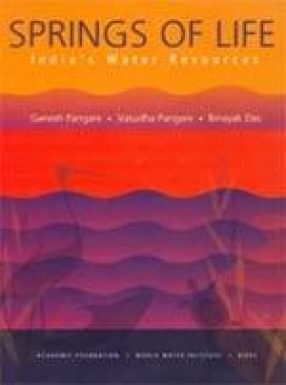
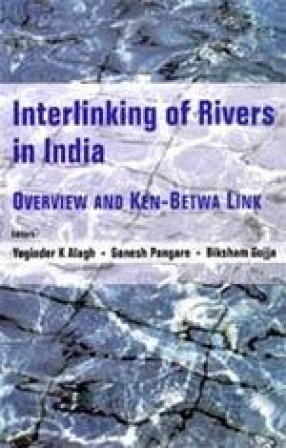
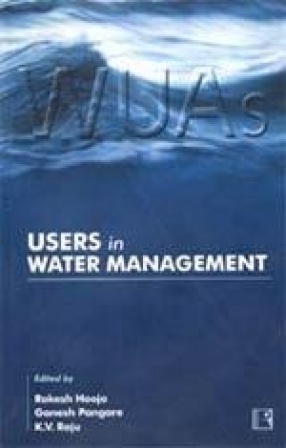
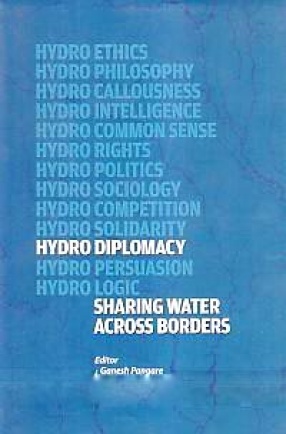
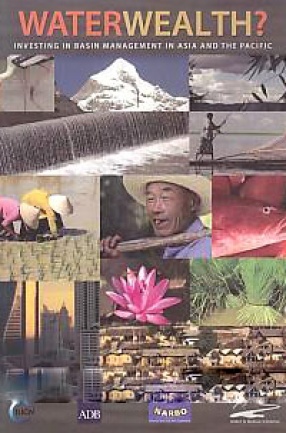
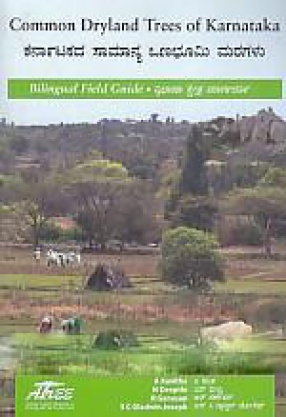
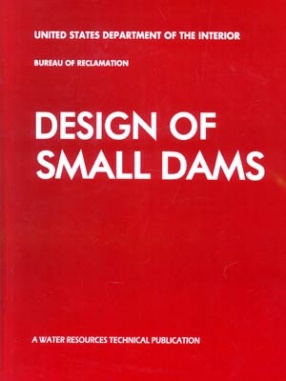

Bibliographic information
Vasudha Pangare
Binayak Das